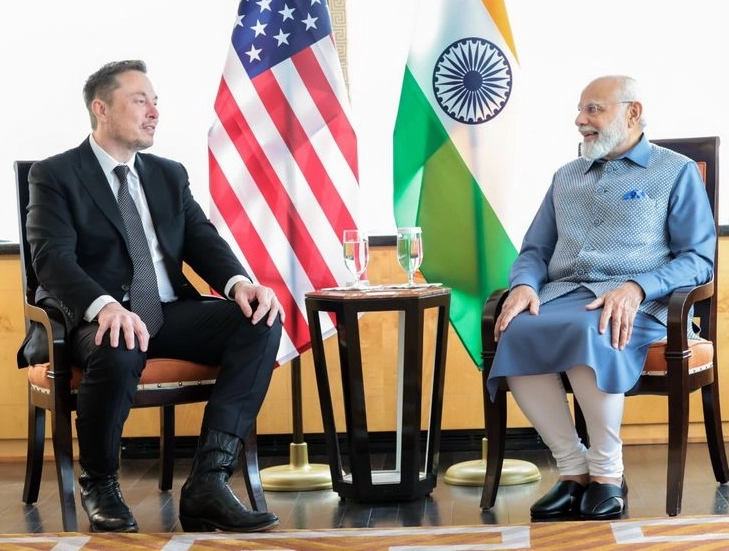As Tesla and Starlink prepare to enter the market, Musk’s X is suing India.
Elon Musk’s social network business X has launched a lawsuit against Prime Minister Narendra Modi’s administration, alleging that it has abused the law to censor content on its platform. The case is scheduled to be heard by an Indian court.
X filed a lawsuit against the government last month, alleging that it was using Sahyog, a new website that the federal home ministry had introduced the previous year, to increase its censorship and remove content.
According to X, the portal granted broad authority to government personnel to impose blocking orders, which was “in violation” of India’s digital laws. It referred to Sahyog as a “censorship portal” and stated that it could not be forced to join.
According to the Indian government, the portal must combat hazardous online information.
Amazon, Google, and Meta are among the other major American tech companies that have opted to use Sahyog.
According to Sahyog, it is a platform designed to streamline the process of notifying content intermediaries like Facebook and X about government regulations.
The complaint was launched in the southern state of Karnataka after the federal railway ministry asked X to remove “hundreds of posts.”
Among these were footage of a crush in Delhi that claimed the lives of eighteen people en route to the Kumbh Mela, the biggest religious event in the world.
X contends in its appeal that the site and the directives it issues are not covered by the original legislation that gives the government the authority to censor information.
Senior officials may issue takedown orders under this statute, but only after following the proper procedures, which include providing notice, holding hearings, and allowing for a review of any decisions made.
However, X claims that the government is using other unprotected legal provisions to circumvent these processes and impose capricious content removal demands.
Consequently, X claims in its petition that “tens of thousands of local police officers” and “countless” other government officials are “unilaterally and arbitrarily” issuing directives.
A request for comment from the BBC was not answered by India’s federal home and IT ministries.
The administration has maintained that its activities are legal in court. It stated that it was just sending “notices” to platforms about illegal content, not banning orders.
The Sahyog platform was defended by the government as a “necessity” due to the “increasing volume of unlawful and harmful content online.”
According to Apar Gupta of the Internet Freedom Foundation, a group that advocates for digital rights, the case is of “vital importance” since the Sahyog portal’s filtering mechanism has led to “a wholesale increase in censorship.”
The conflict between X and the Indian government is not new.
When a ruling party spokesperson’s tweet was labeled as “manipulated media” in 2021, the Delhi police stormed the offices of X (then Twitter), before to Musk’s takeover.
The business filed a lawsuit against the Indian government in 2022 for withholding orders, at least one of which involved farmers’ year-long protests against newly enacted legislation. But the court decided against the business and fined it 5 million rupees ($58,000; £45,000).
Under Musk’s direction, X filed an appeal against this ruling, and the Karnataka high court is now considering it independently.
India referred to X as a “habitual non-compliant platform” in 2023 while the appeal was being heard.
According to reports, India is also looking into X’s chatbot Grok for using offensive language and providing “controversial responses” in response to user prompts.
The lawsuit’s timing is intriguing because Musk’s other businesses, Starlink and Tesla, have only recently started to expand their commercial plans into India.
Starlink is awaiting official approval to begin offering its services after signing an agreement with two of India’s largest telecom companies earlier in March to provide satellite internet to the country.
Tesla has started hiring for a dozen positions in Delhi and Mumbai, possibly marking the company’s official debut. Additionally, it is allegedly searching for showrooms.
During his visit to the White House last month, Musk also had a meeting with Prime Minister Modi.
Michael Kugelman, director of the Wilson Center’s South Asia Institute in Washington, told the BBC that he has “ample leverage” with India because of his expanding commercial interests there and his relationship with US President Donald Trump.
He went on to explain, “This means he has a lot of leeway in terms of how he operates, including deciding to sue the Indian government,” adding that Musk’s business prospects in India could not be negatively impacted by the lawsuit.





